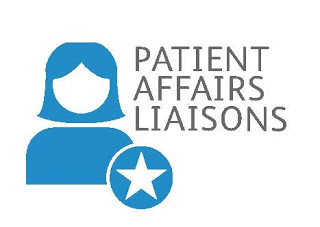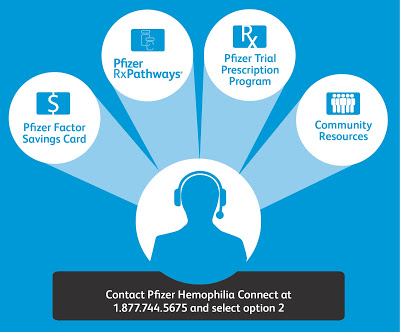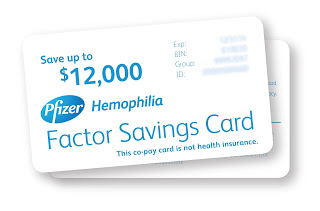Name Game, Game Change?
The news was announced just three days ago: Biogen, maker of Eloctate and Alprolix, has spun off its hemophilia division, which has now become an entirely separate and new company called Bioverativ.
Biogen’s two revolutionary products, the first ones with a longer half-life, were game changers. Now there are a few more choices for longer half-life products, but these were the first and were rolled out with much fanfare. Then boom! Three years later, Biogen doesn’t want them anymore.
This is just a reminder to us patients that this is a marketplace, and we are consumers. And companies need to make business decisions—hence the “game.” As consumers, it’s up to us to understand how the game is played, and who are the players. The names have been changing, more rapidly than I can keep up with in the specialty pharmacy arena, and those are truly game changers.
In the factor concentrate manufacturing arena, we had two name changes just in the last few months: Biogen to Bioverativ, and Baxalta to Shire. But this has been happening for years in our community, so here’s a review. It’s worth knowing the players—of which YOU, the consumer, are the most important!
Remember Alpha? Those of you who use Alphanate or Alphanine may wonder why these drugs are called that when sold by the Spanish company Grifols. Simple: Grifols bought Alpha Therapeutics hemophilia therapies years ago and simply kept the drugs’ names the same. (It’s hard to change a drug’s name.) In 2011, Grifols also bought Talecris, making it the third-largest global manufacturer of plasma-derived therapies. Oh, and Talecris? It was a spin-off from Bayer, which didn’t want to keep plasma-therapies anymore. Bayer’s plasma-product Koate-DVI went to Talecris, and Bayer kept Kogenate FS. If you look at the Koate-DVI packaging, you’ll still see the Bayer primary color line around the box!
Baxter Healthcare produced factor concentrates like Recombinate, Advate, Hemofil M and FEIBA. It spun off its hemophilia division, which became an independent company called Baxalta. That didn’t last long. Shire, an Irish pharmaceutical company, liked what it saw and scooped it up. All the former Baxter/Baxalta products now belong to Shire.
The biggest name changer is CSL Behring. I knew it in 1987 as Armour Pharmaceutical. Then in 1996, Armour and Behringwerke (a Geman company) formed a joint venture known as Centeon. Things happen fast: in 1999, Centeon became Aventis Behring. Why? Armour’s parent companies (Rhone-Polenc Rorer and Hoechst) merged to become Aventis. Meanwhile, CSL (an Australian plasma therapies manufacturer) acquired ZLB Blood Transfusion Services. In 2004, CSL acquired Aventis Behring, to form ZLB Behring, later called CSL Behring.
(There’s a comprehensive timeline of this interesting company here.)
Genetics Institute: anyone remember that? They developed BeneFIX and ReFacto (no longer on the market). It evolved into Wyeth, and then was bought by pharma giant Pfizer Inc.
Bayer is one that seems to have stayed the same, but it’s had name changes too. Bayer bought Cutter Labs in 1978 and Miles Labs in 1979. In 1995, they all became Bayer. I think Novo Nordisk (Denmark) has stayed the same… so far!
And some companies dropped out altogether, like the American Red Cross. And new ones entered, like Octapharma (Switzerland) and Kedrion (Italy), tapped to distribute Koate DVI for Grifols. And Aptevo Therapeutics… oh, which was owned by Cangene (Canada) first, then Cangene was bought by Emergent Biosolutions in 2014! And they all originated from Inspirational Biopharmaceuticals, which in 2013 sold all its product rights to them, and dropped out of the game.
More passes than Tom Brady!
Whew! It’s amazing tracking the history of just the name changes: but we also need to know products. We are tracking who makes what on our website Hemophilia Factor Chart by Brand, available as a download. We are updating it all the time… a necessity to keep track of this ever-changing game, and business.







